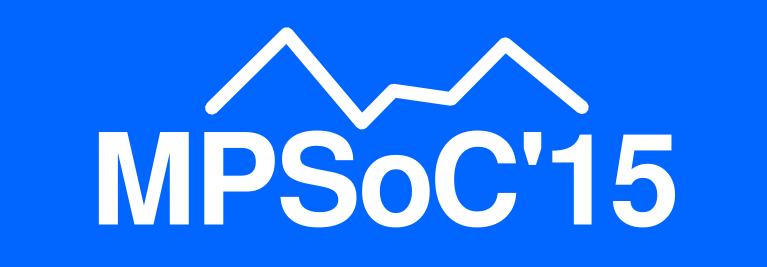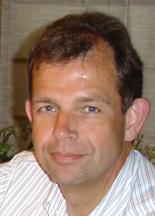
15th International Forum on MPSoC for Software-defined Hardware
July 13-17, 2015, Ventura Beach Marriott, CA, USA

Slides available here!
Speaker:
Prof. Kees van Berkel, Ericsson, Eindhoven University of Technology, The Netherlands
Title:
Astronomical Workloads
Abstract:
Four centuries after Galileo we are now in the midst of a Golden Age of astronomy. Key parameters such as angular resolution, sensitivity, frequency range, and survey speed show a steady if not spectacular evolution. Mechanical parts and mixed-signal processing are being replaced by digital signal processing and by software. The Square Kilometre Array (SKA) radio telescope, phase-2 due in 2023, will comprise a total photon collecting area of approximately one square kilometer. Estimates of the real-time compute load of SKA exceed 1 exaflops (1018 flops) with a corresponding power consumption of 100MW. In this presentation we'll review the compute-related SKA requirements and algorithms, and we'll reflect on possible hardware-software implementations.
Bio:
Kees van Berkel started his R&D career at Philips Research in 1980, after an MSc degree in EE from TU Delft. Since 2000 he has been a fellow at Philips, NXP, ST-Ericsson, and Ericsson. He obtained a PhD in CS from TU Eindhoven in 1992, where he is a visiting professor since 1996.
Kees pioneered asynchronous VLSI from theory to mass production, as well as embedded vector processing for software-defined radio. His research interests include multi-standard cellular modems, vector processors, multi-core architectures, resource management, and low power. His latest interest is (software-defined radio) astronomy
* If you wish to modify any information or update your photo, please contact the web chairmpsoc2014@imag.fr